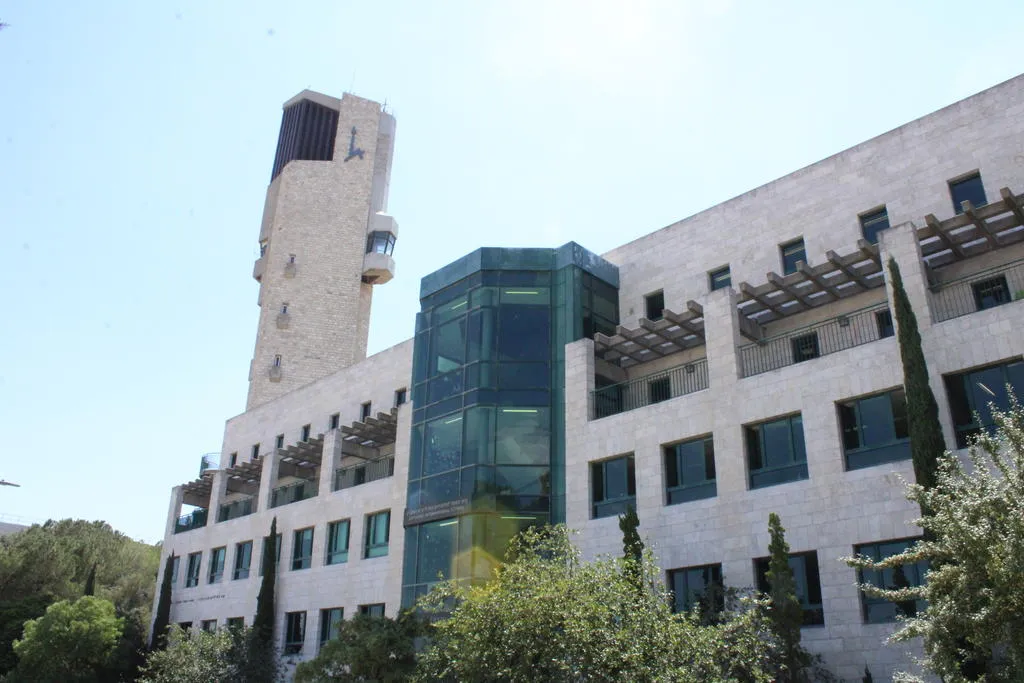Jerusalem, 23 October, 2025 (TPS-IL) — The eastern Mediterranean Sea may be home to an extraordinary diversity of seaweeds rich in nutritional and health-promoting compounds with vast potential for superfoods, pharmaceuticals, eco-friendly cosmetics, and climate mitigation, Israeli scientists said.
Researchers from Tel Aviv University and the Israel Oceanographic and Limnological Research Institute (IOLR) conducted Israel’s first comprehensive seaweed survey, identifying the region as a natural hotspot for what they called a “green treasure” — resilient seaweeds with exceptional biochemical properties. The findings, published in the peer-reviewed journal Marine Drugs, position Israel as a potential global leader in marine biotechnology and sustainable innovation.
“Israel, located at the easternmost edge of the Mediterranean Sea, offers unique environmental conditions: a subtropical climate with year-round sunlight, rocky shores with small tidal fluctuations, and relatively high salinity and irradiance,” explained Dr. Doron Yehoshua Ashkenazi, who led the study. “Together, these factors stimulate the development of seaweeds with unique chemical traits that act as natural ‘biological factories,’ producing bioactive compounds in remarkable concentrations.”
Over several years, the research team collected nearly 400 specimens along Israel’s Mediterranean coast, identifying 55 seaweed species — predominantly red, with smaller numbers of brown and green types. In contrast to earlier findings suggesting two annual productivity peaks, the study recorded a single productive season in spring. The researchers believe this shift reflects the broader ecological impact of global warming on marine ecosystems.
Seasonal patterns were also found to affect the chemical composition of the seaweeds. Laboratory analyses revealed that local seaweeds contained exceptionally high protein levels during winter — reaching several tens of percent of their dry weight — making them a promising alternative protein source for both human and animal consumption. Antioxidant compounds peaked in spring, increasing by as much as 300 percent in certain species compared to other seasons.
These findings underscore the scientific importance of the Israeli Mediterranean as a living laboratory for marine biotechnology.
Some Israeli seaweed species contain high levels of protein and antioxidants, making them useful for food supplements or fortified foods. The antioxidants and phenolic compounds found in the native seaweeds can be developed into natural therapeutic agents for metabolic or immune-related conditions. The combination of UV filters, antioxidants, and skin-repairing compounds also makes these seaweeds ideal for “green cosmetics” — natural, marine-derived creams and serums with lower environmental impact.
Moreover, seaweed farming could form the basis for blue carbon projects because seaweeds absorb CO₂ and other pollutants.
“Seaweed offers immense environmental benefits — they require no arable land, generate oxygen, capture carbon, and purify water from pollutants. They stand at the forefront of sustainable aquaculture, merging environmental advantages with economic opportunities,” Prof. Álvaro Israel of IOLR Haifa explained.
Prof. Avigdor Abelson of Tel Aviv University described Israel’s Mediterranean waters as “a unique natural laboratory” with vast potential.
“Seaweeds represent a strategic national and global resource that can help address future challenges in food security, health, and the environment,” he said.































